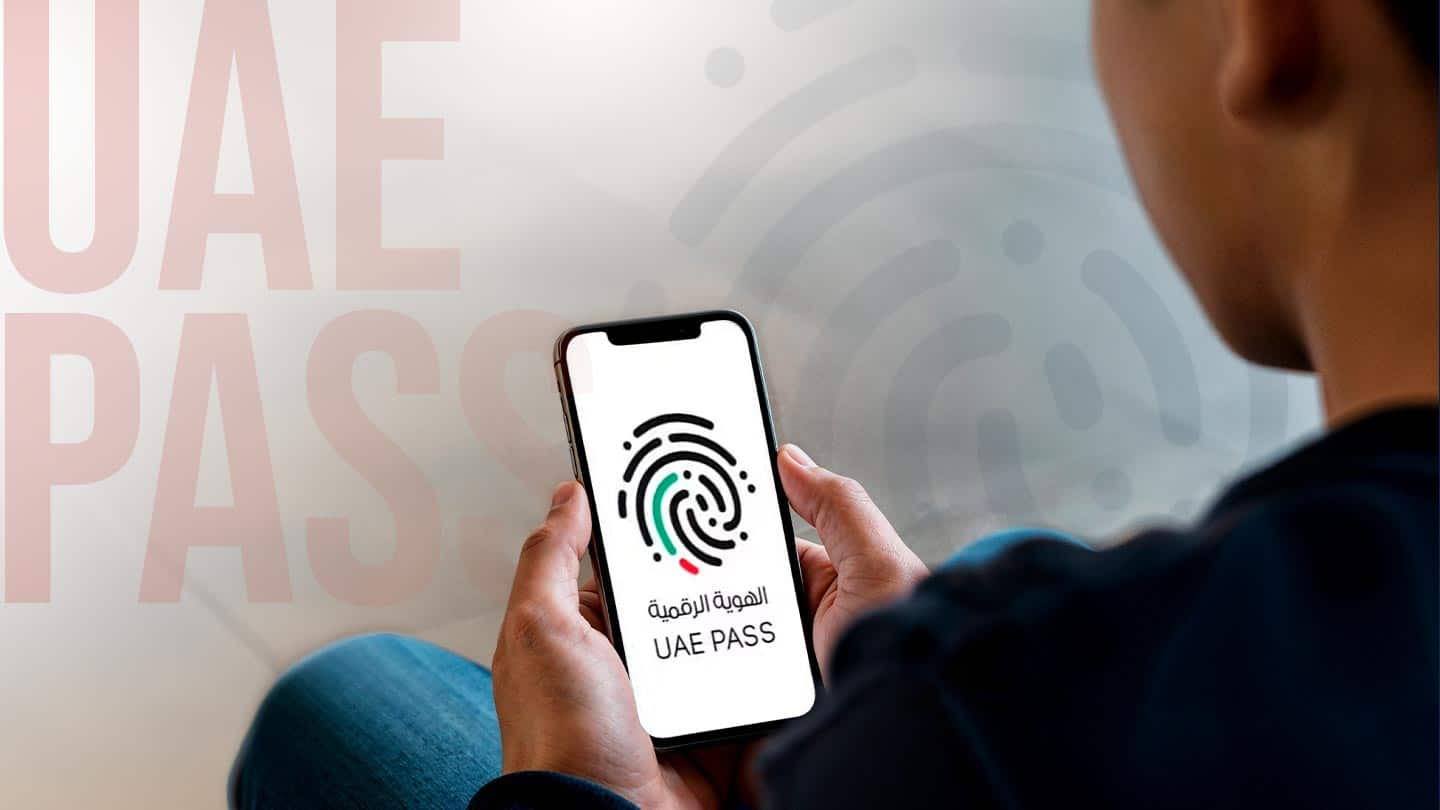If you’re living in the UAE or planning to move here, one of the first things you’ll hear about is the Emirates ID. It’s a government-issued identity card provided by the Federal Authority for Identity, Citizenship, Customs & Port Security (ICP). This smart card includes your personal details, photo, fingerprints, and a unique 15-digit number – all safely stored in a small chip.
But it’s not just an ID. The Emirates ID is your key to daily life in the UAE. From opening a bank account and getting a phone connection to signing rental agreements or using e-gates at airports – your Emirates ID is required almost everywhere. It also helps you access government services, healthcare, and even log into apps like UAE Pass for online services.
So, who exactly needs an Emirates ID? Everyone living in the UAE – whether you’re a UAE citizen, a GCC national, or an expat with a residence visa. Even children and newborns need to have one. For locals, it can also be used for voting and travel within the GCC. For expats, it proves you’re legally staying and working in the UAE.
What is the Emirates ID?
The Emirates ID is an official identity card issued by the Federal Authority for Identity, Citizenship, Customs & Port Security (ICP) in the UAE. It comes with a unique 15-digit number and stores important personal details like your name, nationality, photo, and biometric data such as fingerprints. It is a legal requirement for all citizens and residents of the UAE to obtain and carry this card.
Why is the Emirates ID Important in UAE?
The Emirates ID isn’t just a card, it’s a must-have document that plays a key role in your everyday life in the UAE.
1. Proof of Identity
- The Emirates ID acts as your official and legal proof of identity across the UAE. It confirms your personal information, nationality, and your legal residency or citizenship status. You’ll be asked for it in almost every official or legal interaction.
2. Access to Government Services
- Whether you’re applying for a residence visa renewal, vehicle registration, or health card, the Emirates ID is a mandatory document. It also helps in accessing services from government portals and apps like UAE Pass.
3. Travel and Immigration
- E-Gates and Smart Gates: The ID facilitates faster immigration clearance at UAE airports through e-gates and smart gates, allowing for quick entry and exit without long queues.
- GCC Travel (for UAE Citizens): UAE citizens can use their Emirates ID as a travel document within the Gulf Cooperation Council (GCC) countries.
4. Enhanced Security and Data Management
- Biometric Data: The embedded microchip stores encrypted personal and biometric data (like fingerprints). This makes the card highly resistant to counterfeiting.
- Unified Database: It’s part of a centralized national identity system, streamlining data management and verification across various government and private entities.
- Digital Services: It’s integrated with various smart services and e-government platforms, enabling secure online transactions and reducing paperwork. It can also be used with the UAE Pass for secure digital logins.
5. Rental and Utility Contracts
- To rent a home or office in the UAE, you must present your Emirates ID. It’s also required to activate DEWA (Dubai Electricity and Water Authority), internet services, and gas connections.
6. Banking and Financial Use
- Opening a bank account, applying for a credit card or personal loan, or even performing certain banking transactions require your Emirates ID. It helps banks verify your identity and maintain security in financial operations.
Who Needs an Emirates ID?
The Emirates ID is a mandatory identification card in the UAE, and it is required for virtually everyone residing in the country. This includes:
1. UAE Citizens
All Emirati nationals are required to apply for and carry an Emirates ID. It serves as their official identification and is used for everything from voting to accessing government services.
2. GCC Nationals Living in the UAE
Citizens of other Gulf Cooperation Council (GCC) countries who are residing in the UAE for work, business, or family purposes must also obtain an Emirates ID.
3. Expatriate Residents (Foreigners with Residency Visas)
If you are a foreigner holding a valid UAE residence visa, you are legally required to obtain an Emirates ID UAE. In fact, the Emirates ID has largely replaced the physical visa sticker in passports for residents, and your residency details are integrated into the card. You typically apply for the Emirates ID as part of your residence visa application process.
4. Children and Newborns
Even newborn babies and children of UAE residents or citizens must have an Emirates ID. Parents usually apply on behalf of their children during the residency visa process.
Emirates ID UAE – Key Features
The Emirates ID is designed with smart technology to ensure security, convenience, and ease of access to services across the UAE. Here are some of its key features:
1. Unique Identification Number
Each Emirates ID card has a unique, permanent 15-digit identification number that stays with the holder throughout their life, regardless of how many times the physical card is renewed or replaced. This number is the core identifier for all official interactions.
2. Biometric Data
The card stores your fingerprints and facial data, which are collected during the application process. This adds an extra layer of security and helps verify your identity accurately.
3. Smart Card Technology
- Embedded Microchip: The card contains an electronic microchip that stores a significant amount of encrypted personal data, capable of holding up to 32,000 characters of information.
- Public Key Infrastructure (PKI): This includes digital signatures and authentication certificates, which are crucial for secure online transactions and verifying the authenticity of digital interactions.
- Non-Touch Data Reading (Newer cards): Some newer versions of the Emirates ID incorporate Wi-Fi enabled chips for non-touch data reading.
4. Advanced Security Features
The Emirates ID incorporates numerous state-of-the-art security elements to prevent counterfeiting and tampering. These include:
- Accurate Letters/Micro-text: Extremely precise printing that is difficult to replicate.
- Ultraviolet (UV) Ink: Visible only under UV light, adding a hidden layer of security.
- Line Drawings/Holograms: Complex graphical elements that are hard to forge.
- Secure Laminate: A protective layer designed to prevent alteration of the card’s surface.
The ICP also states that the Emirates ID has nine security features that exceed the standards used in many other cards, including banking credit cards.
5. Personal and Professional Data Storage
The chip on the Emirates ID stores a significant amount of personal and, for residents, professional data. While some information is visible on the card, much of it is encrypted and only accessible by authorized authorities. Data stored can include:
- Identity number (15-digit)
- Full name (Arabic and English)
- Personal photo
- Date of issue and expiry
- Passport information (number, type, country, issue/expiry dates)
- Occupation
- Sex
- Nationality
- Date of birth
- Mother’s first name
- Sponsor name, number, and type (for residents)
- Marital status
- Family number (for UAE nationals)
- Town number (for UAE nationals)
- Type of residence and residence number (for residents)
- Two fingerprints
- Signature image
- Qualification data
- Occupation type, company name
6. Digital Version (UAE Pass Integration)
A digital version of the Emirates ID can be stored on a smartphone via the UAE Pass application, providing a secure digital identity for accessing online government and private sector services and completing digital transactions without the physical card.
7. Durability and Longevity
The cards are made of high-quality materials, such as polycarbonate, which enhance their durability and extend their service life to over 10 years, making them resistant to wear and tear from daily use and environmental conditions.
How to Apply for an Emirates ID?
Getting your Emirates ID is an important step after receiving your UAE residency, and the good news is, the process is simple if you know what to expect.
Step 1. Ensure You Have a Valid UAE Residency Visa
Your Emirates ID application must be linked to an active residency visa, whether you’re an expat, GCC national, or Emirati.
Step 2. Choose Your Application Method
You can apply either online or in-person, depending on what feels most convenient:
A. Online through ICP Website/App:
The Federal Authority for Identity, Citizenship, Customs & Port Security (ICP) has an official website (icp.gov.ae) and mobile app (available on Google Play and App Stores) where you can apply for a new ID, renew, or replace a lost/damaged one. You’ll need to create an account, fill out the application form with accurate details, and upload the required documents.
B. Accredited Typing Centers / Amer Centers (in Dubai):
This is a very common and convenient method. Visit an authorized typing center or Amer center. They will assist you in filling out the application form, ensuring all details are correct, and submitting your documents electronically to the ICP. This often happens concurrently with your residence visa application.
Step 3. Pay the Fees
Fees vary based on the validity period of the card and whether it’s a new application, renewal, or replacement, as well as the channel you use (online vs. typing center).
General Fees (approximate, subject to change):
- AED 100 per year of validity (e.g., AED 200 for a 2-year visa, AED 500 for a 5-year ID for citizens/GCC nationals).
- Application fees: Around AED 30 (online) or AED 70 (typing center).
- Urgent service (“Fawri”) fee: An additional AED 150 for expedited processing (typically 24 hours).
Step 4. Biometrics Appointment (if applicable)
For most first-time applicants (and sometimes for renewals or specific data changes), you will receive an SMS notification with details for a biometrics appointment.
You will need to visit a designated ICP Customer Happiness Center to provide your fingerprints and have your photograph taken. This step is crucial for the secure identity verification process. Children under 15 usually do not need to attend for biometrics.
Step 5. Wait for Processing
Standard processing time typically takes 7 to 10 business days after your visa is stamped in your passport and biometrics are completed (if required). You will usually receive SMS updates on your application status. You can also track your application online using the application number (often called PRAN or transaction number) on the ICP website.
Step 6. Collect Your Emirates ID
You’ll receive an SMS when your card is approved and ready. Pick it up from the designated Emirates Post office or collect it at the ICP center, depending on your selection. Bring your passport and application receipt.
Cards must be collected within 90 days, or they’ll be returned to the system.
Note: For expatriate residents, you generally need to have a valid residence visa (or at least your entry permit for the visa process) before you can apply for your Emirates ID. The ID application is often part of the complete visa processing.
What is Emirates ID Fees in UAE (As of 2026)?
The cost of getting or renewing an Emirates ID depends on your residency status and the validity period of your visa. Here’s a quick overview of the current fees.
1. Card Issuance Fee (Main Fee)
This is the core fee for the ID card itself, based on its validity period.
For Expatriate Residents:
AED 100 per year of validity of your residence visa.
- Example: For a 2-year visa, the Emirate ID card issuance fee would be AED 200.
- Example: For a 3-year visa, the Emirate ID card issuance fee would be AED 300.
For UAE Citizens and GCC Nationals:
- AED 100 for a 5-year validity.
- AED 200 for a 10-year validity
2. Application/Service Fees
These are administrative fees for processing your application.
- Online Application (through ICP website/app): Approximately AED 40
- Typing Center / Amer Center Application: Approximately AED 70 (this typically includes AED 30 for the typing centre and AED 40 for the service fee)
3. Urgent Service Fee (“Fawri Service”)
An additional AED 150 is charged for expedited processing (typically within 24 hours). This service is usually available for new applications, renewals, and replacements at specific ICP Customer Happiness Centers.
Emirates ID Validity and Renewal
The Emirates ID is a critical document in the UAE, and its validity and timely renewal are of utmost importance to avoid legal issues and ensure continued access to essential services.
Emirates ID Validity:
The validity of your Emirates ID depends on your visa type and nationality.
1. UAE Nationals
For citizens, the Emirates ID is typically valid for 5 or 10 years, depending on the option selected during application.
2. GCC Nationals Residing in the UAE
Emirates ID for GCC nationals is usually valid for 5 years.
3. Expat Residents
The validity of an expat’s Emirates ID is linked to their residency visa, which is usually for 1, 2, or 3 years, depending on the type of work, sponsorship, or investment.
When and How to Renew your UAE Emirates ID?
- You can start the renewal process 6 months before your Emirates ID expires.
- It’s important to renew it on time to avoid late penalties, which are AED 20 per day (up to AED 1,000).
- The renewal steps are similar to applying for a new card:
- Submit the renewal application via the ICP website, mobile app, or a typing centre.
- Pay the applicable fees.
- Book a biometric appointment (only if required).
- Track your application and collect your new card once it’s ready.
Grace Period: You have a 30-day grace period from the expiry date of your Emirates ID to renew it without incurring late fines.
Late Renewal Fines: If you fail to renew your Emirates ID within the 30-day grace period, you will be subject to a fine of AED 20 per day.
Read More: How to Renew an Emirates ID in the UAE
Lost, Stolen, or Damaged Emirates ID – What to Do?
If your Emirates ID is lost, stolen, or damaged, don’t worry, you can easily request a replacement by following these steps:
1. Report the Incident Immediately
Visit the nearest ICP Customer Happiness Centre or log in to the ICP Smart Services portal to report your lost or damaged card. If it was stolen, it’s a good idea to also file a police report for added safety.
For Damaged ID: You don’t need to report it as lost or stolen. Simply keep the damaged card as you’ll need to submit it when applying for the replacement.
2. Apply for a Replacement
Once reported, you can apply for a replacement Emirates ID. This can be done online through the ICP website, mobile app, or at any typing centre. You’ll need to submit your passport, a recent photo, and a copy of your lost/damaged ID if available.
3. Pay the Replacement Fees
The standard replacement fee is AED 300, along with AED 40 for service charges and AED 30–50 for typing/postal services. If you choose the urgent (Fawri) service, expect to pay an additional AED 150–200.
4. Collect Your New Emirates ID
Once your replacement is ready, you’ll receive an SMS notification. You can then collect the new card from the designated Emirates Post office or the ICP centre, depending on what you selected during application.
Important Considerations:
- Temporary ID: While waiting for your new Emirates ID card, you can often use a printout of your application form (which will have your ID number) along with your passport for identification purposes. The UAE Pass app also provides a digital version of your Emirates ID, which is considered a valid form of identification for many digital services and interactions.
- Old Card Found (if lost): If you find your old card after reporting it lost and applying for a replacement, it’s best to surrender the old card to the ICP as it will have been deactivated. Your new card will have the same ID number as the old one.
Need Help? Shuraa is Here for You
The Emirates ID is more than just an identification card, it’s an essential part of life in the UAE. From accessing everyday services to verifying your legal residency, it plays a vital role for both citizens and expats.
Here are a few simple tips:
- Always carry your Emirates ID with you.
- Update your details if your phone number or address changes.
- Make sure to renew it on time to avoid any late fees.
- And if you ever lose or damage it, don’t panic, you can easily get a replacement.
If you’re planning to move to the UAE, or thinking about starting a business here, we at Shuraa are here to help. From applying for your Emirates ID to handling your residency, visas, and business setup, we’ve got you covered.
Have questions or need assistance? We’re here to help you every step of the way.
Commonly Asked Questions (FAQs)
1. How can I obtain an Emirates ID in the UAE?
Here’s a quick step-by-step process to get your Emirates ID:
- Apply online via the ICP website or visit a typing centre
- Submit your documents and pay the fees
- Book and attend your biometric appointment
- Wait for processing and collect your card from Emirates Post
2. How long does it take to receive the Emirates ID?
It usually takes 5 to 10 working days after completing the biometric process. If you choose the urgent (Fawri) service, you may get it within 24 hours.
3. Can I travel without my Emirates ID?
For international travel, you still need a passport and valid visa. However, UAE citizens can travel to GCC countries using their Emirates ID alone. Expats cannot.
4. Do children need an Emirates ID?
Yes, even newborns and children living in the UAE need an Emirates ID. Parents usually apply for it when processing the child’s residency visa.
5. Can I update my details on the Emirates ID?
Yes. You can update your phone number, address, or other personal info through the ICP website, app, or by visiting a service center.
6. Is it mandatory to carry the Emirates ID at all times?
Yes, it’s legally required to carry your Emirates ID. It may be needed for identification, accessing services, or during inspections.










